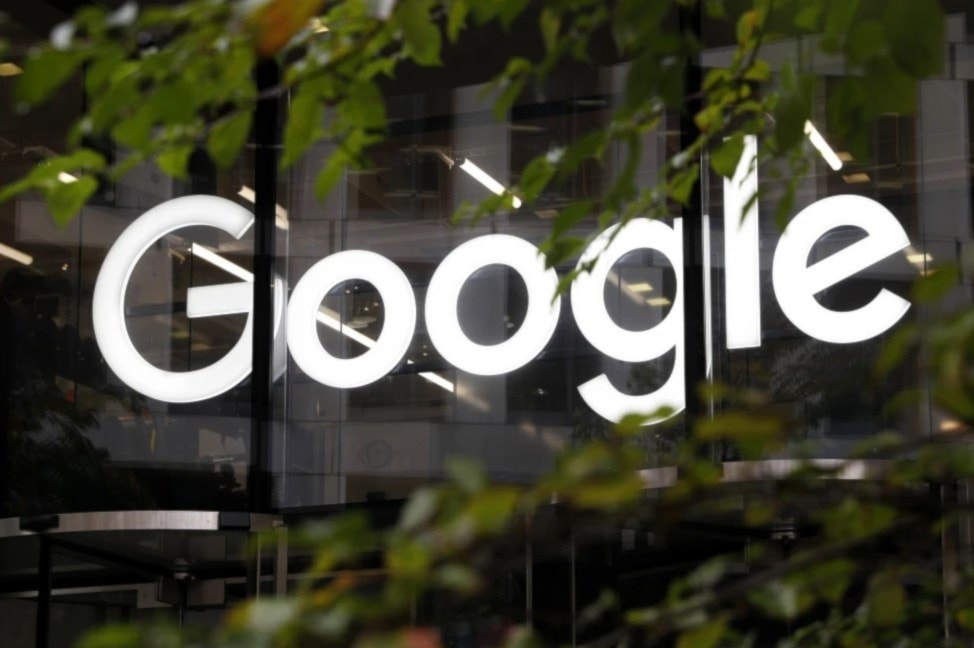US government pushes for Google and Chrome breakup to address monopoly
The US government’s call for the breakup of Google reportedly represents a notable shift in its approach to regulating technology companies.
-

The Google logo displayed at the company's offices in London, on November 1, 2018. (AP)
The US government has taken a significant step in its antitrust efforts by asking a judge to order the breakup of Google, including the sale of its Chrome browser.
In a court filing late Wednesday, the Department of Justice (DOJ) proposed measures to prevent Google from leveraging its dominant position, such as banning deals that make Google the default search engine on smartphones and limiting its use of the Android operating system.
If these remedies prove insufficient, the DOJ suggested Google could also be required to sell Android.
This request signals a shift in regulatory strategy, marking the first call for such drastic action against a tech giant since the government’s failed attempt to break up Microsoft two decades ago.
Dive deeper
Google, which has dismissed the proposed breakup as "radical," is expected to file its recommendations next month.
Both sides will present their arguments at a hearing in April before US District Court Judge Amit Mehta. Any ruling is likely to be appealed by Google, potentially dragging the case through years of legal battles and possibly to the Supreme Court.
The case could also face changes with the incoming administration of President-elect Donald Trump in January. The new leadership at the DOJ may continue the case, seek a settlement, or drop it entirely. Trump has expressed mixed views on big tech, accusing Google of bias against conservative content but also suggesting that a breakup would be "too large a demand."
The big picture
Antitrust officials argue that Google’s confidential agreements with smartphone manufacturers, including Apple, have cemented its monopoly. Substantial payments from Google ensure its search engine remains the default option on browsers and devices, providing it with unparalleled access to user data.
Judge Mehta's ruling in August found that this dominance has allowed Google to expand its empire into platforms like Chrome, Maps, and Android, reinforcing its position in the tech ecosystem.
According to the judgment, Google controlled 90% of the US online search market in 2020, with an even higher share—95%—on mobile devices. Industry trade group Chamber of Progress, led by Adam Kovacevich, described the DOJ’s demands as "fantastical" and inconsistent with legal standards, advocating for more narrowly focused solutions.
It is worth noting that this case is one of five pending antitrust lawsuits targeting major tech companies under the Biden administration’s tougher stance. If continued under the Trump administration, ongoing litigation involving Amazon, Meta, Apple, and Google could stretch over several years.
Read more: Google violated law to maintain search monopoly, US Judge finds

 3 Min Read
3 Min Read








